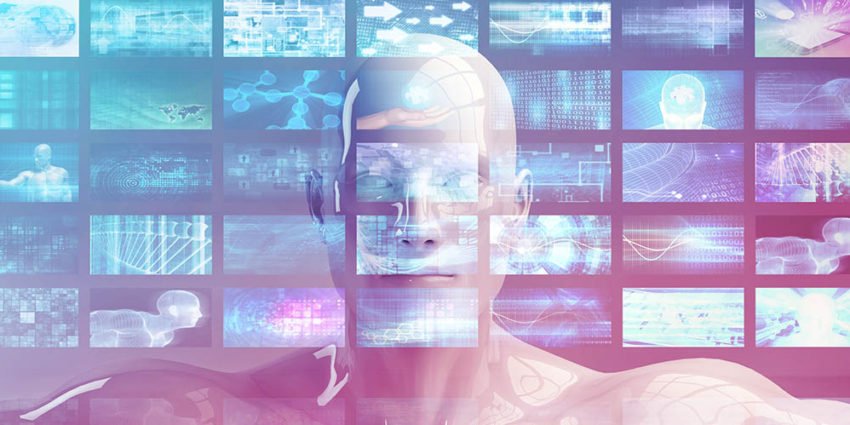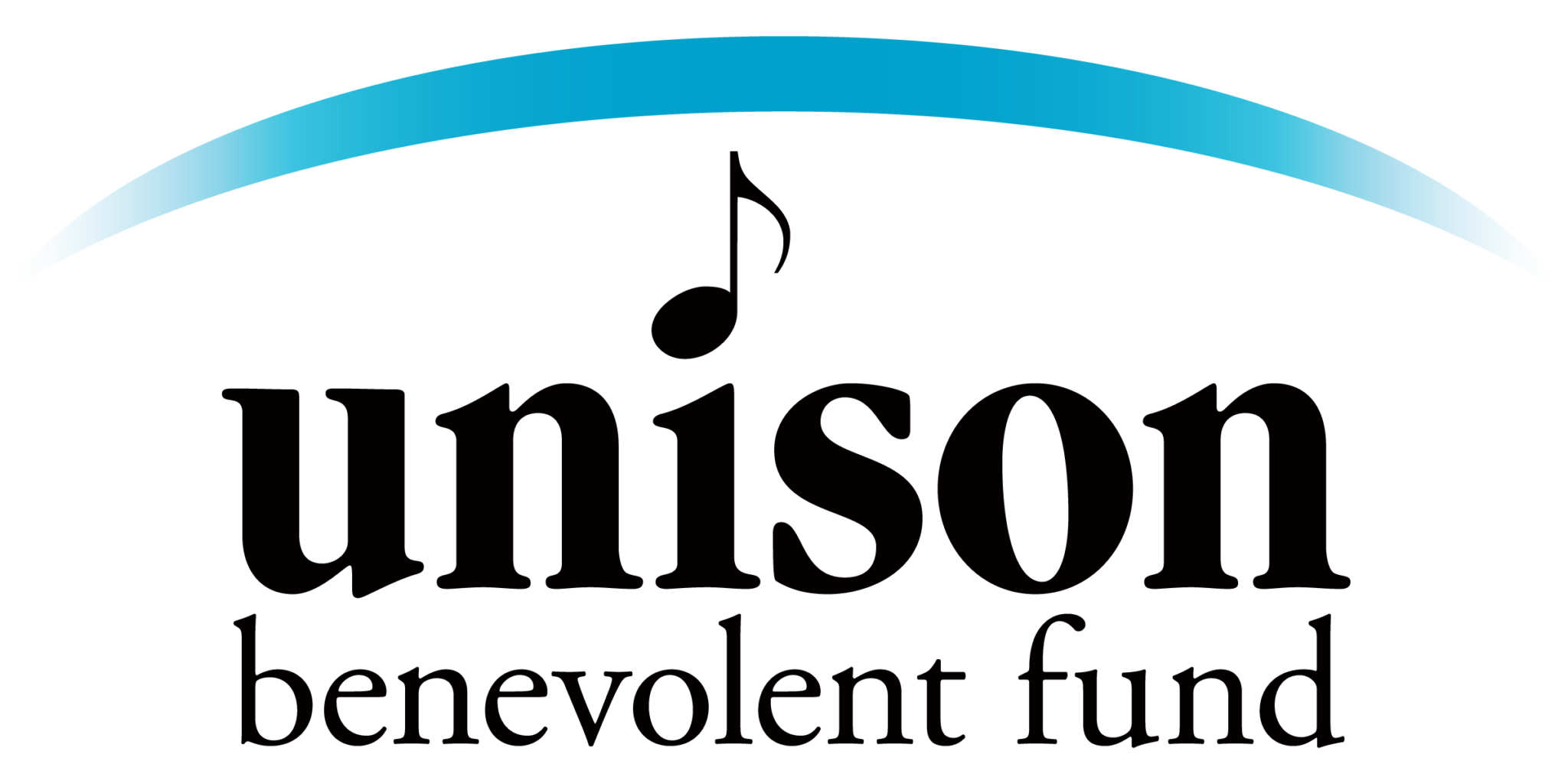Are We Already Experiencing Technology Overload?
Do you think that there are too many options for surfing the web, playing games, or even just getting the weather forecast? Does even a simple search like the best Canadian casino return too many results for you to cope with? If you think technology is developing too fast and you feel left behind, you may be experiencing tech overload. This is a more serious problem than previously thought and affects a large part of the population. In this article, we will talk about what it is and how you can deal with it.
What Is Tech Overload?
Technology as a stressor has not been the focus of stress research for a long time. However, despite its various positive effects, it is possible to say that there are many negative aspects arising from the use of advanced technologies. For example, in business life, technology-based innovations require employees to work faster, to be constantly ready to work so that they can be assigned to new tasks, and to be able to communicate by e-mail or mobile phones regardless of time and place. Therefore, employees feel a kind of obligation to handle multiple tasks at the same time, to follow and use technology to perform their duties and to respond to demands even when they are not in the office.
These obligations have also revealed concepts such as technophobia, which is expressed as the worry about the effects of technology on society and the fear of using technology, and technology addiction, which is expressed as the loss of self-control skills of individuals on a certain rewarding behaviour such as online shopping, gambling, and gaming. In fact, one of these concepts is the concept of “technostress,” which is expressed as stress arising from technology. Technology has really become an element that can cause stress, especially in the business world.
In the business world, tech overload refers to being able to do more than one job at the same time with the information overload brought about by the synchronization of mobile computing devices with social networks and applications. Information overload creates anxiety and tension in individuals who work on different applications and tasks at the same time and try to do more work together in less time. It can cause employees to experience work fatigue and other health problems. Ergonomically poor workplace design, body movements, and other ergonomic hazards can lead to numerous cumulative trauma disorders. This situation is briefly expressed as “tech overload.”
However, employees are not the only social group affected by tech overload. Ordinary people in daily life can also be affected by this negative situation. In the academic literature, some examples of tech overload are:
- When the user is confused while choosing among technological devices (gadgets), they feel uneasy and cannot make a decision.
- Cognitive and physical burdens are created by being connected to technological devices in order to continue our daily life.
- Technology makes life more complicated instead of making it easier after a point.
All of these definitions give an idea of what tech overload in everyday life is. To summarize simply, human beings cannot keep up with the speed of technological developments. This is such a serious issue that it can cause physical and psychological problems, and the consequences become more serious with age.
How to Cope with Tech Overload
If you feel overwhelmed by new technologies and have started experiencing various health problems, you are already experiencing tech overload. The health problems caused by this condition can be extremely serious: insomnia, decreased bone density, weight gain, and high blood pressure are among the most commonly reported problems. Unfortunately, there’s no way to completely fix the tech overload problem unless you move to a mountain cabin. However, with some simple precautions, you can ensure that it affects you as little as possible.
- Close all notifications. Turn off all social media notifications. Also, turn off the notifications of the applications that force you to do something all the time. Don’t get notifications from anything but your family or your banking app.
- Use only one device at a time. If you are at your computer, turn off your phone. If you are using your phone, step away from your computer. Deal with only one technological device at a time.
- Take short breaks. For example, take a 10-minute break every hour away from all your electronic devices.
- Create tech-free zones in your home. For example, ensure that no family member uses a technological device during dinner.
- After a certain time, let go of the technological devices. Stop using technological devices at least 2 hours before going to bed and do not pick them up until the next day.
These measures will not completely solve the tech overload problem, but they can ensure that you are affected by it as little as possible. The important thing here is not to use technological devices unless you have to. Even this simple measure can cure a significant part of your health problems.
Are We Already Experiencing Technology Overload?
By thereviewsarein
Do you think that there are too many options for surfing the web, playing games, or even just getting the weather forecast? Does even a simple search like the best Canadian casino return too many results for you to cope with? If you think technology is developing too fast and you feel left behind, you may be experiencing tech overload. This is a more serious problem than previously thought and affects a large part of the population. In this article, we will talk about what it is and how you can deal with it.
What Is Tech Overload?
Technology as a stressor has not been the focus of stress research for a long time. However, despite its various positive effects, it is possible to say that there are many negative aspects arising from the use of advanced technologies. For example, in business life, technology-based innovations require employees to work faster, to be constantly ready to work so that they can be assigned to new tasks, and to be able to communicate by e-mail or mobile phones regardless of time and place. Therefore, employees feel a kind of obligation to handle multiple tasks at the same time, to follow and use technology to perform their duties and to respond to demands even when they are not in the office.
These obligations have also revealed concepts such as technophobia, which is expressed as the worry about the effects of technology on society and the fear of using technology, and technology addiction, which is expressed as the loss of self-control skills of individuals on a certain rewarding behaviour such as online shopping, gambling, and gaming. In fact, one of these concepts is the concept of “technostress,” which is expressed as stress arising from technology. Technology has really become an element that can cause stress, especially in the business world.
In the business world, tech overload refers to being able to do more than one job at the same time with the information overload brought about by the synchronization of mobile computing devices with social networks and applications. Information overload creates anxiety and tension in individuals who work on different applications and tasks at the same time and try to do more work together in less time. It can cause employees to experience work fatigue and other health problems. Ergonomically poor workplace design, body movements, and other ergonomic hazards can lead to numerous cumulative trauma disorders. This situation is briefly expressed as “tech overload.”
However, employees are not the only social group affected by tech overload. Ordinary people in daily life can also be affected by this negative situation. In the academic literature, some examples of tech overload are:
- When the user is confused while choosing among technological devices (gadgets), they feel uneasy and cannot make a decision.
- Cognitive and physical burdens are created by being connected to technological devices in order to continue our daily life.
- Technology makes life more complicated instead of making it easier after a point.
All of these definitions give an idea of what tech overload in everyday life is. To summarize simply, human beings cannot keep up with the speed of technological developments. This is such a serious issue that it can cause physical and psychological problems, and the consequences become more serious with age.
How to Cope with Tech Overload
If you feel overwhelmed by new technologies and have started experiencing various health problems, you are already experiencing tech overload. The health problems caused by this condition can be extremely serious: insomnia, decreased bone density, weight gain, and high blood pressure are among the most commonly reported problems. Unfortunately, there’s no way to completely fix the tech overload problem unless you move to a mountain cabin. However, with some simple precautions, you can ensure that it affects you as little as possible.
- Close all notifications. Turn off all social media notifications. Also, turn off the notifications of the applications that force you to do something all the time. Don’t get notifications from anything but your family or your banking app.
- Use only one device at a time. If you are at your computer, turn off your phone. If you are using your phone, step away from your computer. Deal with only one technological device at a time.
- Take short breaks. For example, take a 10-minute break every hour away from all your electronic devices.
- Create tech-free zones in your home. For example, ensure that no family member uses a technological device during dinner.
- After a certain time, let go of the technological devices. Stop using technological devices at least 2 hours before going to bed and do not pick them up until the next day.
These measures will not completely solve the tech overload problem, but they can ensure that you are affected by it as little as possible. The important thing here is not to use technological devices unless you have to. Even this simple measure can cure a significant part of your health problems.
















